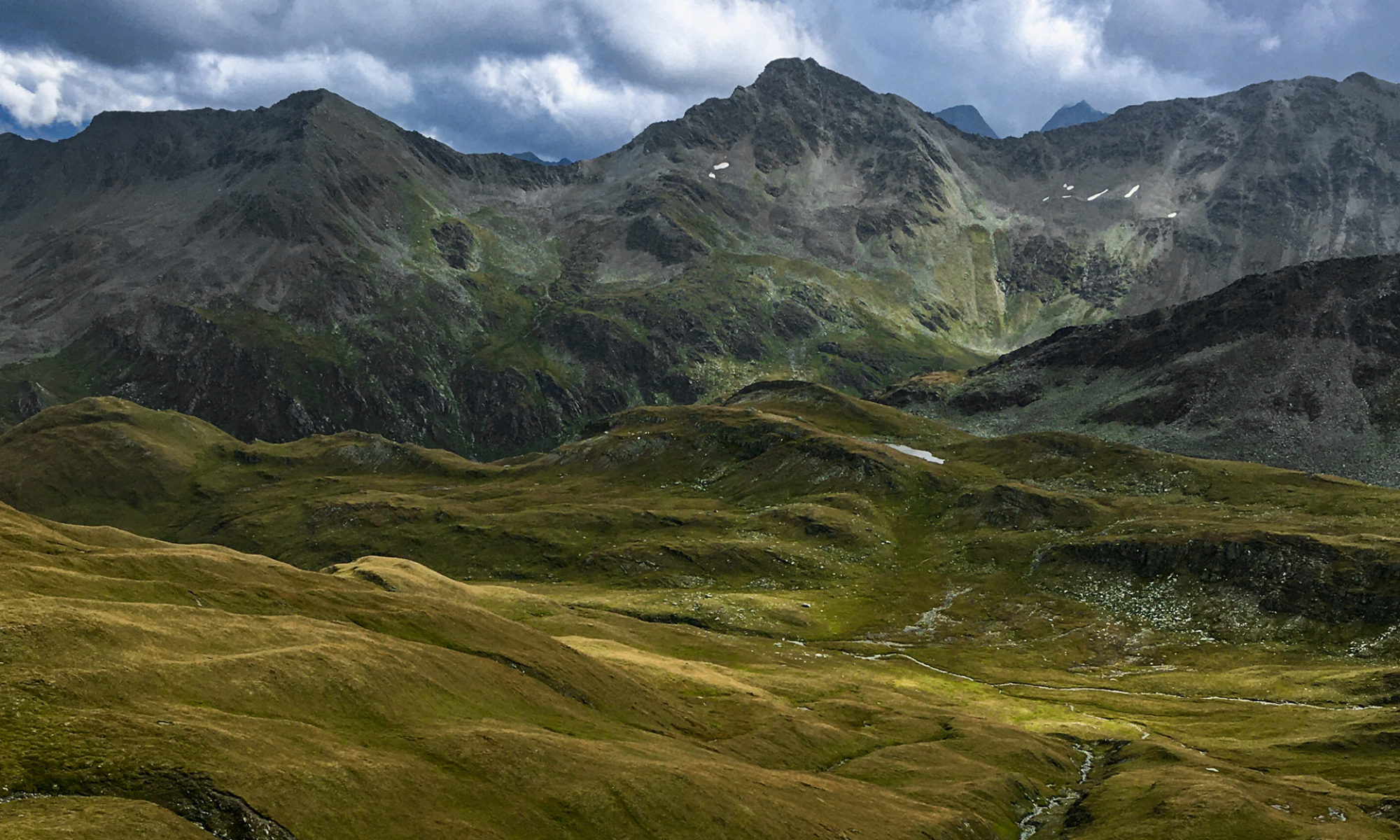
This is about the meaning of the term: Anthropocene and which human thinking patterns may have accompanied us into this potential geological age while questioning if it is even justified to name an era after human beings?
Looking at the earth from the universe, it is hard to believe that human existence has influenced this planet in a way that scientists have discussed to name a geological age after a human. With challenges such as climate change and all its consequences, this thesis sounds already more reasonable.

What does Anthropocene mean?
When Paul Crutzen, a Dutch meteorologist, used the term Anthropocene, he intended to draw attention, above the fact how seriously man has influenced biological, atmospheric and geological processes.
It is frightening and impressive at the same time, what humans were capable of, in the last 200 years. Becoming aware of the fact that every individual needs its space and resources while leaving a trace with every step, makes me realize the importance of discussions like the one about the Anthropocene.

When did the Anthropocene begin?
There is no defined answer yet. Some scientists see the 18th century or urban planning as the beginning of an age, when a man and his processes started to influence the earth, on the bigger scale.
Others contemplate that industrialization, wars, the increased amount of greenhouse gases emitted, or the ongoing deforestation of rainforests, date the beginnings of the Anthropocene.

The people and the traces they leave
Much has happened since man colonized the earth. From the discovery of agriculture to industrialization, and finally to globalization and digitization, we humans have always evolved.
Today we are at a point where some of us can lead a good life, surrounded by infrastructure and opportunities to realize oneself, without fear of starvation and with the certainty to wake up the next day.
To enjoy this prosperity, generations before us had to invest a lot of effort and energy. Discoveries and inventions that are the basis of many of today’s innovations. They experimented, researched, defeated diseases, developed technology, and used resources.

In the past 200 years, a lot has happened and often nature has been neglected. The last mass extinction was about 65 million years ago and was caused by a meteorite that extinguished all dinosaurs. Is man able to influence a similar terrible event?
The change
The earth is changing, as it always has. Like life itself, nothing is as sure, as the fact that everything is changing. Intelligent mammals, like humans, can make decisions for the benefit of all beings, generations, and the earth.
Much more important than to indulge in worries about what tragedies some of us face on this world, is to realize the role you play for this earth. Humans are us, that’s you and that’s me. I used to be told that as an individual you could not achieve anything. That’s true. But the truth also is, you’re not alone, it’s a process, and we all learn on our way from another.

Whether it’s about plastic pollution, the amount of greenhouse gases we produce, species extinction or other environmental problems, the cause is the sum of individual acts that endanger this planet as a habitat and natural piece of art.
Every step counts: Whether we go to work by bike, eat meat once a week, instead of consuming it three times a day, consciously consume it and save resources, it makes a difference. You decide for yourself, how much positive or negative you give yourself and your environment.
Environmental issues are our problem
If the average temperature of the Earth, the sea level, or the number of greenhouse gases that we blow into the atmosphere increase, while the quality of life, biodiversity or fertility of the soil sinks, it is not the problem of the earth. It is ours.
Higher, faster, further is the way of thinking that could someday be fatal to us. In the hunt for profit, we forget how much we depend on natural elements such as sun, water, oxygen, and others.

An economic system that is geared to endless growth, in a world of limited resources, presents us with ever greater challenges. We will have problems when there is no clean drinking water when the sun burns our skin, when respiratory diseases are killed by greenhouse gases or weather extremes destroy our home.

The good news is: It’s not too late, and there’s a solution to every problem.
Many innovative ideas, people with the potential to create systems that rely less on quantity and more value on quality, in which also nature, other creature’s and generations have their space to live, are conquering the earth right now. Everyone leaves a mark, but we decide which one.
